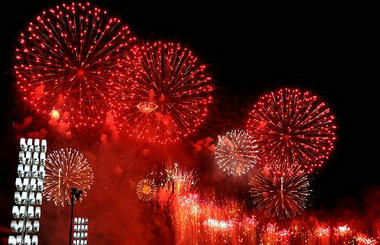 |
|
Cast members of the movie "Crosscurrent" (Chang Jiang Tu) pose on the red carpet prior to the world premiere of the movie at the 66th Berlinale International Film Festival in Berlin, Germany on Feb 15, 2016.[Photo/Xinhua]
|
"But for people in China the Yangtze River doesn't just exist on that level of culture and poetry. In the different eras of Chinese history it also has been the most prosperous belt of China so in a way it's a bridge between tradition and present day."
In the modern age, the river has been drastically changed by the development of massive cities along its banks, and by the construction of the mammoth Three Gorges Dam, the world's largest power station in terms of installed capacity.
The film shows the rusty hulk, named the Guang 039, going through the huge, ultra-modern locks at Three Gorges in order to continue its trip upriver. At the same time, the film shows a map of the towns and places that were submerged and vanished when the dam was completed.
"Perhaps the single most important metaphor is the rising water level which was a consequence of the Three Gorges Dam project and does not only submerge a lot of ancient sites but also it serves to block the love story in the film from going any further," Yang said.
"That's a key metaphor that we see again and again in Chinese culture: the beautiful being changed by the passage of time -- the changes that time brings about not only to cultural things but also to love."




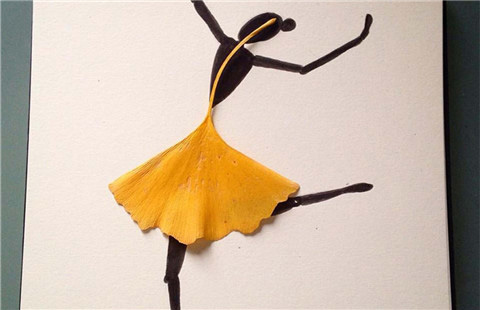



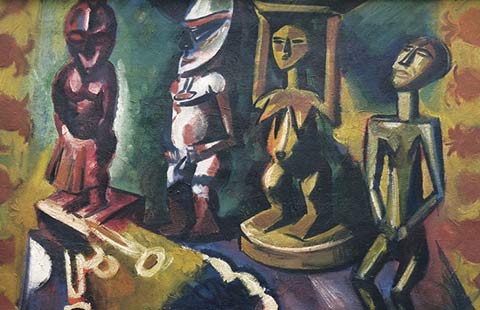








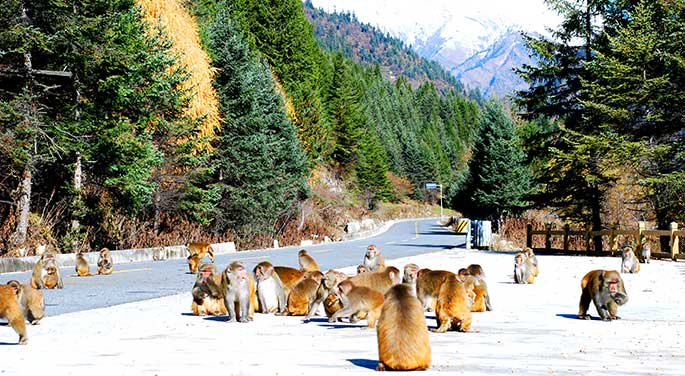
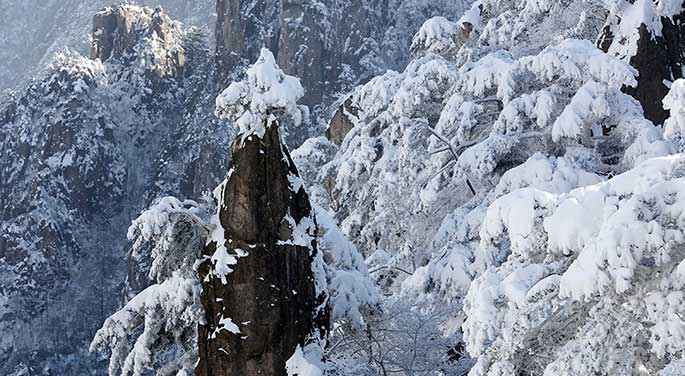
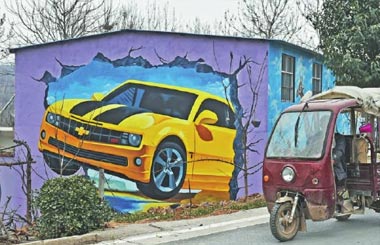
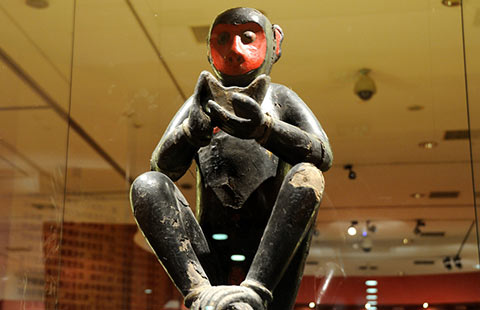



 Raymond Zhou:
Raymond Zhou: Pauline D Loh:
Pauline D Loh: Hot Pot
Hot Pot Eco China
Eco China China Dream
China Dream China Face
China Face




